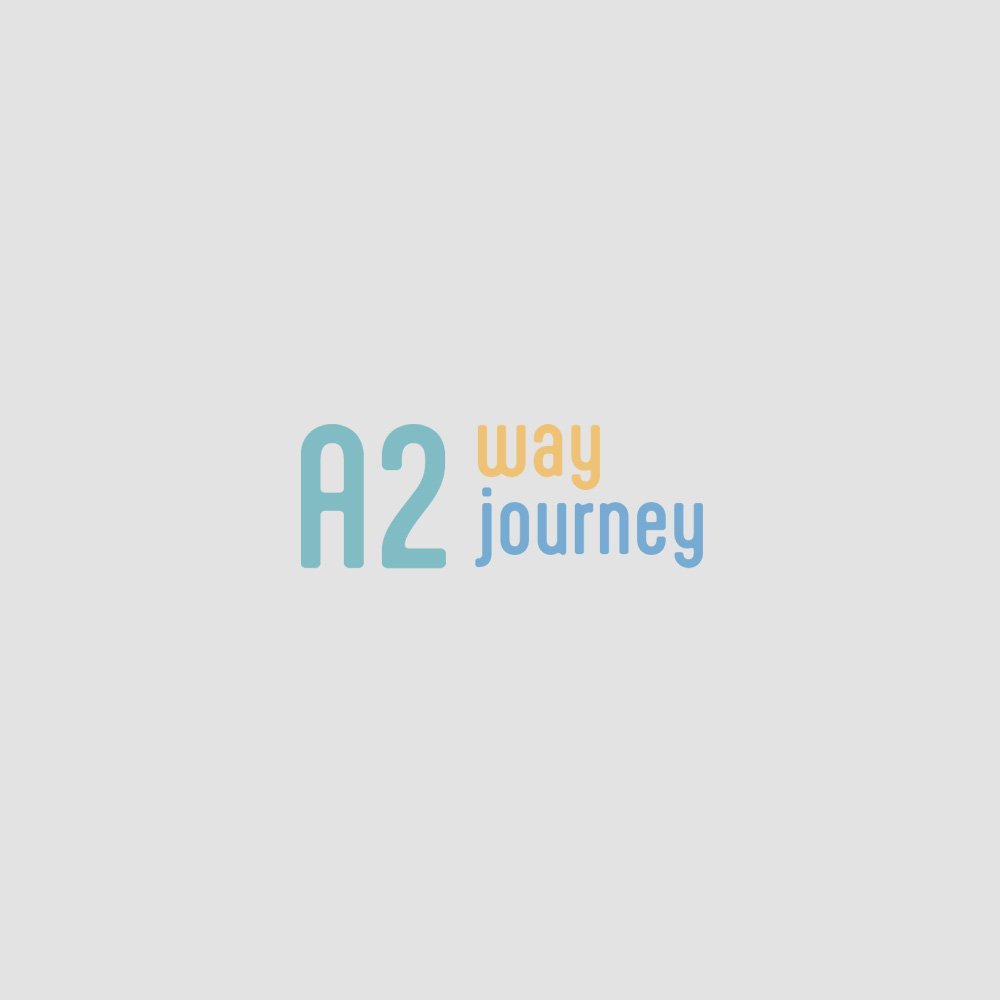
Hello again! It’s us, Daryna and Francis, and today we want to share how our project “A Two Way Journey Volunteers” in Ankara has taught us the true meaning of social responsibility.
When we first arrived here with the other volunteers, we thought we would simply be running workshops for Ukrainian refugees. But we quickly realized we were doing something much bigger. We were learning to take responsibility not just for ourselves, but for the community we were creating.
Social responsibility isn’t a burden written in textbooks. It’s when Kseniia sees a new participant sitting alone and goes over to introduce herself, even though she’s tired after a long day. It’s when Sasha stays after the workshop to help clean up, even when nobody asks her to. We realized that true responsibility begins the moment you stop asking “what’s in it for me?” and start asking “how can I help?” Francis says the best days are when you fall asleep knowing that someone smiled because of your actions.
The first few weeks showed us how much can be accomplished through simple acts. When Khrystyna automatically brings an extra cup of tea for someone who just arrived. When Maria shares her colored pencils with children, even though she planned to draw herself. We created unwritten rules for our community: nobody goes home hungry if there’s food to share, there’s always room at the table for a new participant, if someone is sad we don’t leave them alone with their thoughts, and mistakes are part of learning, not a reason for shame.
The biggest discovery of our project has been this: volunteering isn’t about “giving” to others. It’s about mutual exchange, where everyone both receives and gives. Bruno learned to cook borscht from Daryna, while Daryna learned to make Portuguese pastel de nata from Bruno. Mattias showed us Scandinavian games, while Ukrainian children taught him to play traditional Ukrainian games. This is real magic – when the boundaries between “volunteer” and “aid recipient” disappear.
We receive the deepest lessons in social responsibility from children. They don’t think in terms of “mine-yours” or “us-them.” When an 8-year-old boy shares his last cookie with another child, he doesn’t do it for show – he simply knows it’s the right thing to do. A nineyear-old girl organized a toy collection for children who had just arrived. She said, “I have many toys, and they don’t have any. That’s not fair.” Such simple yet profound logic of social responsibility.
Of course, not everything comes easily. Sometimes it’s hard to find the balance between helping and imposing. There were moments when we tried too actively to “help” without asking if that help was needed. Once Francis automatically started translating a conversation into Ukrainian, not noticing that the participant wanted to practice her English herself. This reminded us that true responsibility also means respecting others’ independence.
Sometimes it’s difficult to understand cultural differences. When someone is silent, it might mean agreement, disagreement, shyness, or simply fatigue. We’re learning to read these nuances and respond accordingly.
After three weeks in the project, we understand that social responsibility isn’t something you “do” from time to time. It’s who you become. It’s when you automatically give up your seat on the bus. When you help someone carry heavy bags at the store. When you simply smile at someone who looks upset. Daryna says the biggest change is when you stop thinking “what can I do for volunteering?” and start thinking “how can I live more responsibly every day?”
Our international project has shown us that social responsibility has no nationality or language. When Mattias from Sweden helps a Ukrainian grandmother carry her bags, when Portuguese Bruno teaches Turkish children to play football, when Ukrainian Khrystyna shows volunteers how to make varenyky – it’s all one big chain of mutual aid. We’re creating a model of a world where everyone takes responsibility for another’s wellbeing. Where volunteering isn’t about “I help you,” but about “we build a better community together.”
Our project in Ankara continues, but even now we know these three weeks have forever changed our understanding of responsibility. We’ve learned that the most powerful social action isn’t a one-time act of help, but a constant readiness to be part of positive change. We’re returning home not just with new volunteering experience. We’re returning with a new understanding of how to live responsibly. How to be people who make the world a little better simply by existing in it with attention to others.
Step by step, day by day, we’re learning to be those who build bridges instead of walls. And this is the best lesson in social responsibility one can receive.

